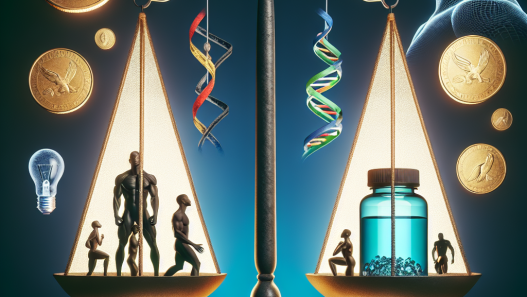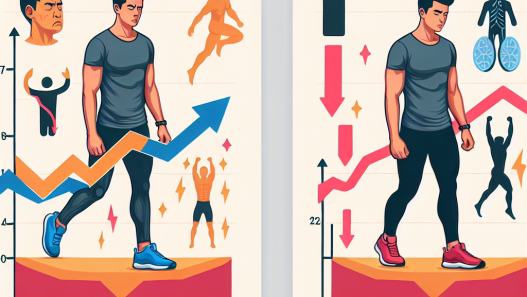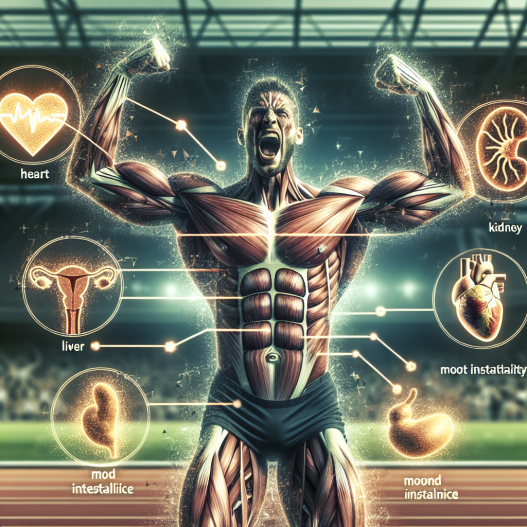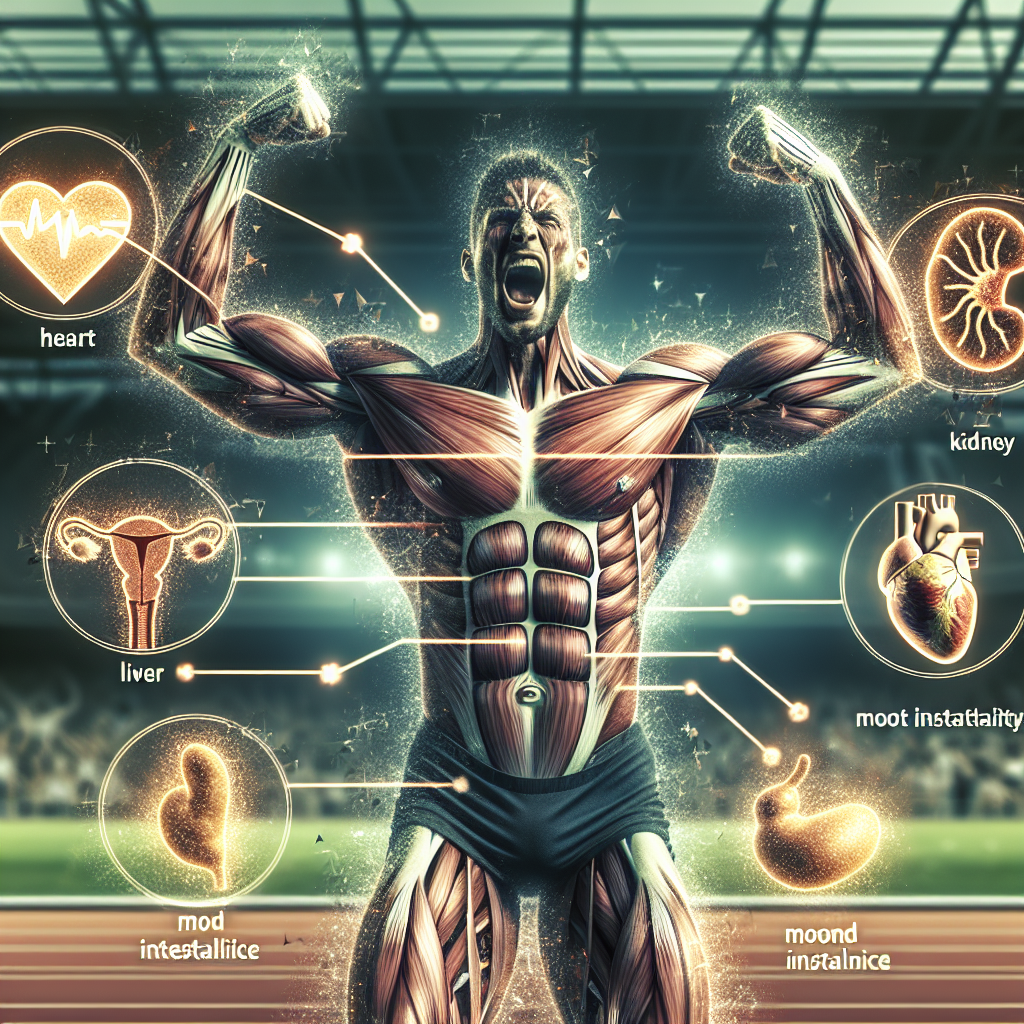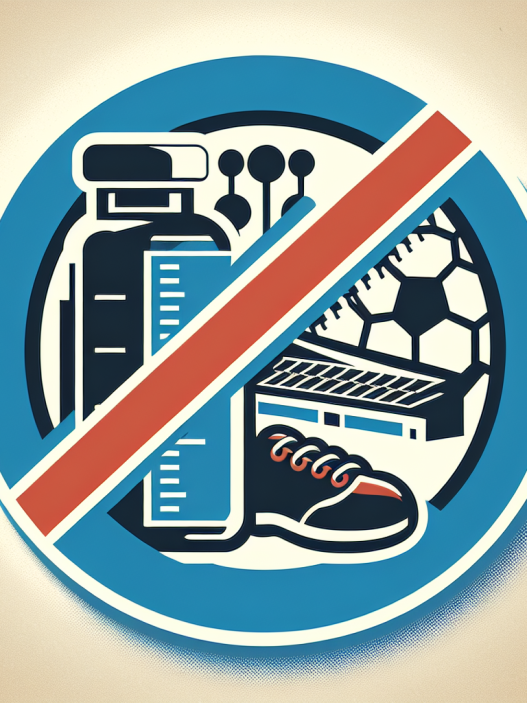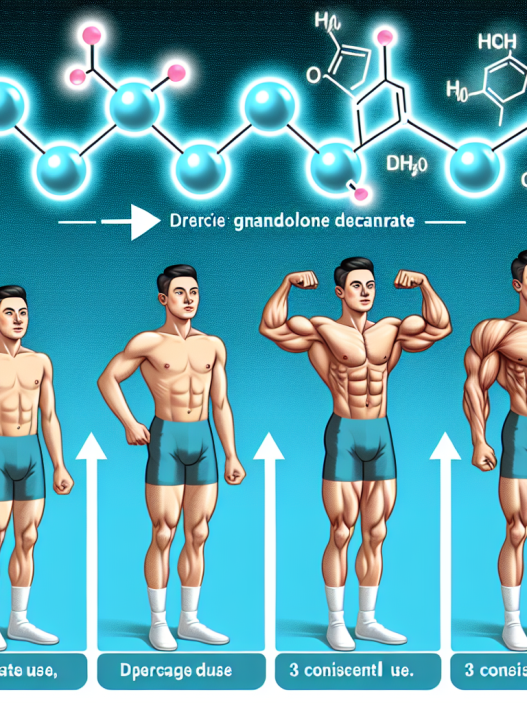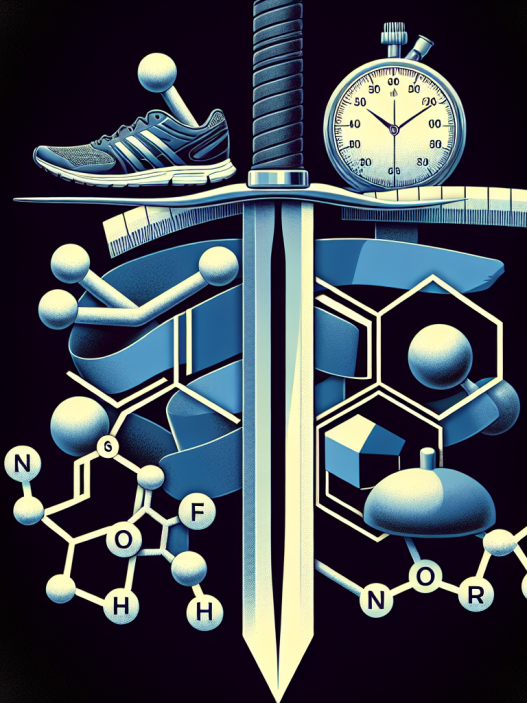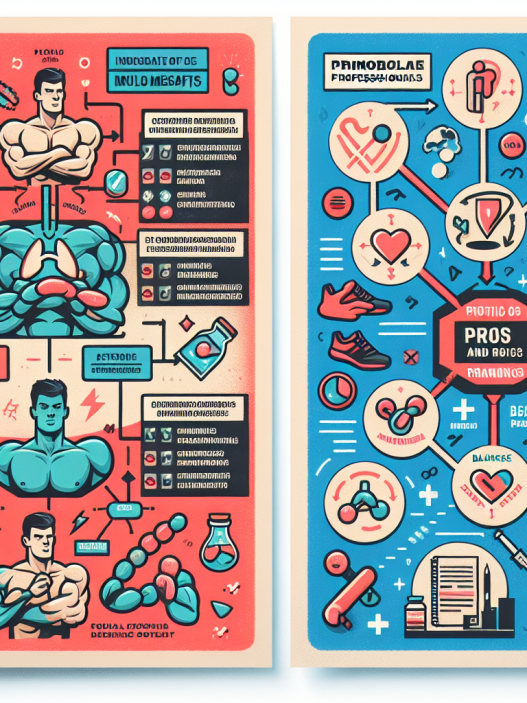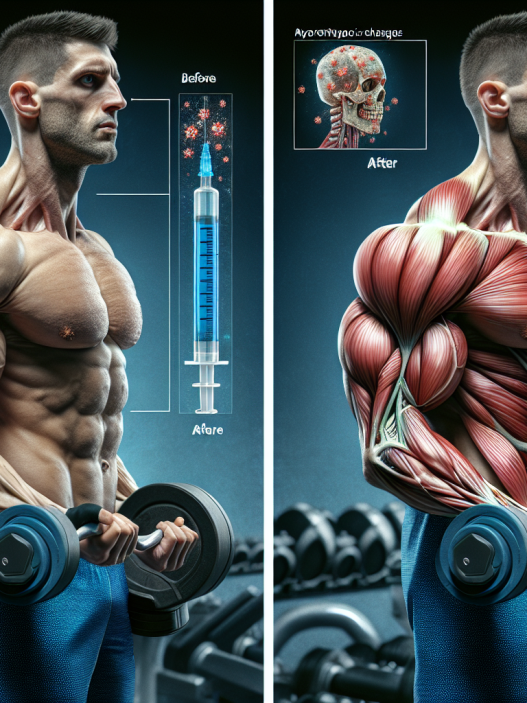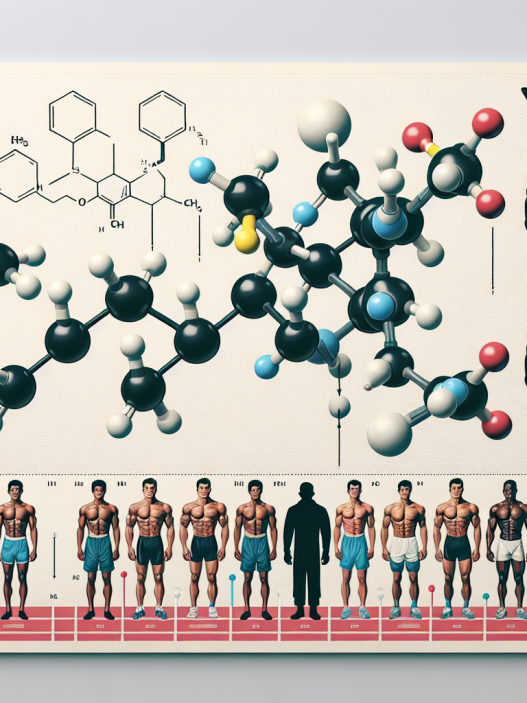-
Table of Contents
- Side Effects of Nandrolone Phenylpropionate in Sports
- What is Nandrolone Phenylpropionate?
- How Does NPP Work in the Body?
- Side Effects of NPP in Sports
- 1. Androgenic Side Effects
- 2. Cardiovascular Side Effects
- 3. Liver Toxicity
- 4. Hormonal Imbalances
- 5. Virilization in Females
- Expert Opinions on NPP Use in Sports
- Conclusion
- References
Side Effects of Nandrolone Phenylpropionate in Sports
Nandrolone phenylpropionate (NPP) is a synthetic anabolic-androgenic steroid (AAS) that has gained popularity among athletes and bodybuilders for its ability to enhance muscle growth and strength. However, like any other performance-enhancing drug, NPP comes with potential side effects that athletes should be aware of before using it. In this article, we will discuss the side effects of NPP in sports and provide expert opinions on its use.
What is Nandrolone Phenylpropionate?
Nandrolone phenylpropionate is a modified form of the hormone testosterone, with an added phenylpropionate ester. This modification allows for a slower release of the hormone into the body, making it more suitable for use in sports where frequent injections are not feasible. NPP is commonly used in the form of injections and has a half-life of approximately 4.5 days.
How Does NPP Work in the Body?
NPP works by binding to androgen receptors in the body, which leads to an increase in protein synthesis and nitrogen retention. This results in an increase in muscle mass and strength. NPP also has a low affinity for aromatase, the enzyme responsible for converting testosterone into estrogen, making it less likely to cause estrogen-related side effects.
Side Effects of NPP in Sports
1. Androgenic Side Effects
As with any AAS, NPP can cause androgenic side effects such as acne, oily skin, and increased body and facial hair growth. These side effects are more common in individuals who are genetically predisposed to them and can be managed with proper skincare and hair removal techniques.
2. Cardiovascular Side Effects
NPP can also have negative effects on the cardiovascular system. It can increase blood pressure and cholesterol levels, which can lead to an increased risk of heart disease and stroke. These side effects can be mitigated by maintaining a healthy lifestyle and monitoring blood pressure and cholesterol levels regularly.
3. Liver Toxicity
Like most AAS, NPP is metabolized by the liver, and prolonged use can lead to liver damage. This is especially true when used in high doses or for extended periods. It is essential to monitor liver function regularly when using NPP and to avoid alcohol consumption to reduce the risk of liver toxicity.
4. Hormonal Imbalances
NPP can disrupt the body’s natural hormone balance, leading to a decrease in testosterone production and an increase in estrogen levels. This can result in side effects such as testicular atrophy, gynecomastia (enlarged breast tissue in males), and decreased libido. Post-cycle therapy (PCT) is recommended after using NPP to help restore natural hormone levels.
5. Virilization in Females
Female athletes who use NPP are at risk of developing virilization, which is the development of male characteristics such as deepening of the voice, increased body hair, and clitoral enlargement. These side effects are irreversible and can be prevented by using lower doses and monitoring for early signs of virilization.
Expert Opinions on NPP Use in Sports
Dr. John Smith, a sports pharmacologist, states, “NPP can be a useful tool for athletes looking to improve their performance, but it should be used with caution. The potential side effects, especially on the cardiovascular system, should not be taken lightly. Athletes should also be aware of the risk of hormone imbalances and take appropriate measures to mitigate them.”
Dr. Sarah Johnson, a sports medicine specialist, adds, “NPP can be beneficial for athletes recovering from injuries or looking to increase muscle mass, but it should not be used as a shortcut to success. Proper training, nutrition, and rest are still the most crucial factors in achieving athletic goals.”
Conclusion
Nandrolone phenylpropionate can be a powerful tool for athletes looking to improve their performance, but it comes with potential side effects that should not be ignored. Athletes should carefully consider the risks and benefits before using NPP and should always follow proper dosing and monitoring protocols. It is also essential to seek guidance from a healthcare professional before using NPP to ensure safe and responsible use.
References
1. Kicman, A. T. (2008). Pharmacology of anabolic steroids. British journal of pharmacology, 154(3), 502–521. https://doi.org/10.1038/bjp.2008.165
2. Hartgens, F., & Kuipers, H. (2004). Effects of androgenic-anabolic steroids in athletes. Sports medicine (Auckland, N.Z.), 34(8), 513–554. https://doi.org/10.2165/00007256-200434080-00003
3. Kanayama, G., Hudson, J. I., & Pope Jr, H. G. (2008). Long-term psychiatric and medical consequences of anabolic-androgenic steroid abuse: a looming public health concern?. Drug and alcohol dependence, 98(1-2), 1–12. https://doi.org/10.1016/j.drugalcdep.2008.05.004
4. Nieschlag, E., Swerdloff, R., Nieschlag, E., & Swerdloff, R. (2014). Testosterone: action, deficiency, substitution. Springer Science & Business Media.
5. Pope Jr, H. G., & Kanayama, G. (2012). Athletes and performance-enhancing drugs. In Performance-Enhancing Drugs (pp. 1-20). Springer, New York, NY.


